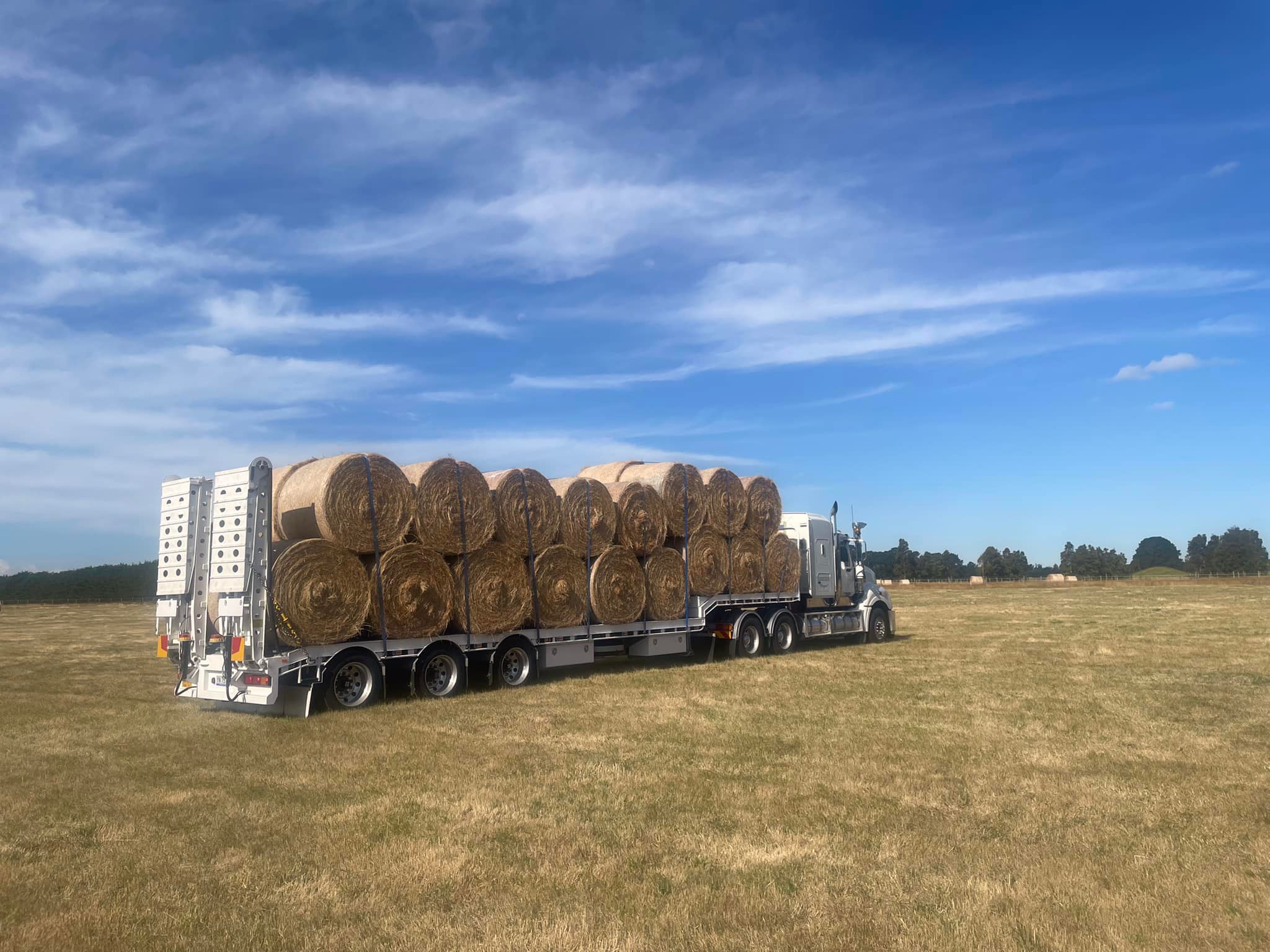Agricultural Products Transport, Mornington Peninsula: A Local Farmer’s Guide
08 May 2025
Optimise agricultural products transport in the Mornington Peninsula using Malkin Group’s comprehensive logistics services for efficient produce delivery.
Adapting to Regional Crop and Seasonal Transport Demands
Local crop varieties and seasonal harvests in the Mornington Peninsula determine specific handling requirements. Transport strategies must align with the perishable nature of produce such as berries, stone fruits, and leafy greens.
Varying climates across the Peninsula influence farming cycles, demanding adaptable freight approaches for temperature-sensitive produce. Efficient delivery routes are necessary to ensure freshness and reduce losses during seasonal peaks.
Smaller-scale operations increasingly rely on agile delivery solutions tailored to short-haul demands. Compact loads and frequent dispatches require fleet flexibility and time-sensitive scheduling to meet local and regional distribution targets.
Leveraging Smart Logistics and Cold Chain Technology
Modern agricultural transport leverages smart systems for enhanced visibility, efficiency, and quality control. Growers use real-time tracking platforms to monitor temperature, humidity, and location, ensuring produce remains in optimal condition.
Cold chain logistics maintains controlled environments from dispatch to delivery, preserving freshness and extending shelf life. Digital scheduling systems and transport analytics streamline routes, reduce fuel use, and offer insights that help farms like those in the Mornington Peninsula adapt to shifting demands.
Sustainable Solutions in Farm-to-Market Transport
Farmers across Mornington Peninsula increasingly adopt sustainability-driven logistics strategies. Prioritising eco-conscious transport methods reduces emissions and aligns operations with regional environmental goals.
• Use of Electric and Hybrid Vehicles: Transport fleets include hybrid and electric models that generate fewer emissions and lower operating costs. These vehicles provide quieter, cleaner alternatives for both short and medium-range farm deliveries.
• Short-Haul Consolidation Strategies: Consolidating deliveries among local growers reduces the total number of trips. This method decreases road congestion while also limiting fuel usage across shared routes.
• Reusable Packaging Implementation: Employing reusable crates and insulated containers cuts down on single-use packaging waste. These materials maintain hygiene and cooling standards without contributing to landfill volumes.
• Fuel-Efficient Load Planning: Calculating optimal weight distribution prevents overloading and promotes smoother travel. Proper balancing of shipments reduces fuel consumption and maintenance expenses.
• Transition to Biodegradable Insulation Materials: Biodegradable packaging components help maintain cold chain conditions without creating long-term environmental waste. Materials break down naturally, supporting circular waste practices.
• Localised Dispatch Networks: Strategic planning among neighbouring farms ensures shipments stay within a shorter radius. This approach supports community-based logistics models while minimising carbon footprints.
Partnering with Malkin Group for Agricultural Products Transport
Through a tailored approach to regional logistics, Malkin Group addresses the specific challenges in transporting agricultural products within the Mornington Peninsula. Our service delivery focuses on freshness, timing accuracy, and responsible logistics infrastructure across varying crop demands.
Request a tailored logistics consultation to optimise the movement of your produce across the Mornington Peninsula.
Read this blog for more information: Agricultural Transport Services: Maximising Efficiency for Australian Farmers
Acquire additional information by exploring this content: Methods of Transportation for Agricultural Products: Choosing the Right Mode
Optimized by: Netwizard SEO


